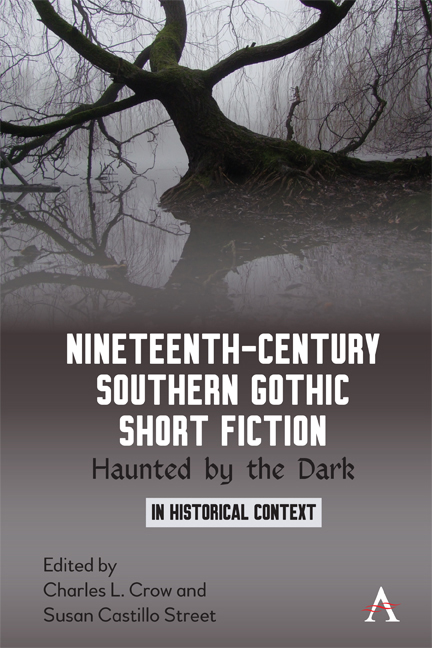Chapter Sixteen - Charles Brockden Brown, “On the Consequences of Abolishing the Slave Trade to the West Indian Colonies” (1805)
Published online by Cambridge University Press: 20 January 2022
Summary
Charles Brockden Brown is considered the first American professional novelist, and in four Gothic novels written in a burst of creative energy (Wieland (1798), Arthur Mervyn (1799), Ormond (1799) and Edgar Huntly (1799)) he anticipated the themes and techniques of later Gothic authors such as Poe and Hawthorne.
Brown was a progressive and feminist who was influenced by the radical thought of William Godwin and Mary Wollstonecraft. In his dialogue Alcuin (published in parts in 1798, but not in its entirety until 1971), he imagines a utopia in which women are completely free.
In the essay below, Brown turns his attention to Caribbean slavery. Written and published in 1805, while the revolution in Haiti was still unfolding, Brown's essay shows an intelligent and thoughtful white American grappling with historic changes that challenged received ideas. His conclusions will strike readers of our own time as sometimes enlightened, sometimes disappointing. While he understood the need for the emancipation of women, he could not make that leap for enslaved Africans, instead calling for a gradual improvement of their condition.
Text: Charles Brockden Brown, “On the Consequences of Abolishing the Slave Trade in the West Indian Colonies,” Literary Magazine, and the American Register 4 (November 1805), 375–81.
ON THE CONSEQUENCES OF ABOLISHING THE SLAVE TRADE TO THE WEST INDIAN COLONIES
The probable fate of the negro race in the American colonies, is an interesting subject at all times, in a merely speculative view. It comprehends various questions of high importance in the philosophy of man; it touches on the destines of a large portion of the species, on the event to be expected from the grandest and most cruel experiment that ever was tried upon human nature; the sudden and violent transportation of immense multitudes of savages to distant regions and new climates, and their forcible and instantaneous exposure to a state of comparative civilization. The fate of a large empire, with all its wealth and power, depends on this experiment. The colonial establishments of Europe in the new world, form a mass of dominion scarcely inferior in magnitude to the proudest dynasties of ancient or modern times; and though their ruin would not necessarily involve that of the mother countries, it would completely subvert all the established relations between the different members of the European commonwealth, besides absolutely diminishing their prosperity.
- Type
- Chapter
- Information
- Nineteenth-Century Southern Gothic Short FictionHaunted by the Dark, pp. 151 - 158Publisher: Anthem PressPrint publication year: 2020



